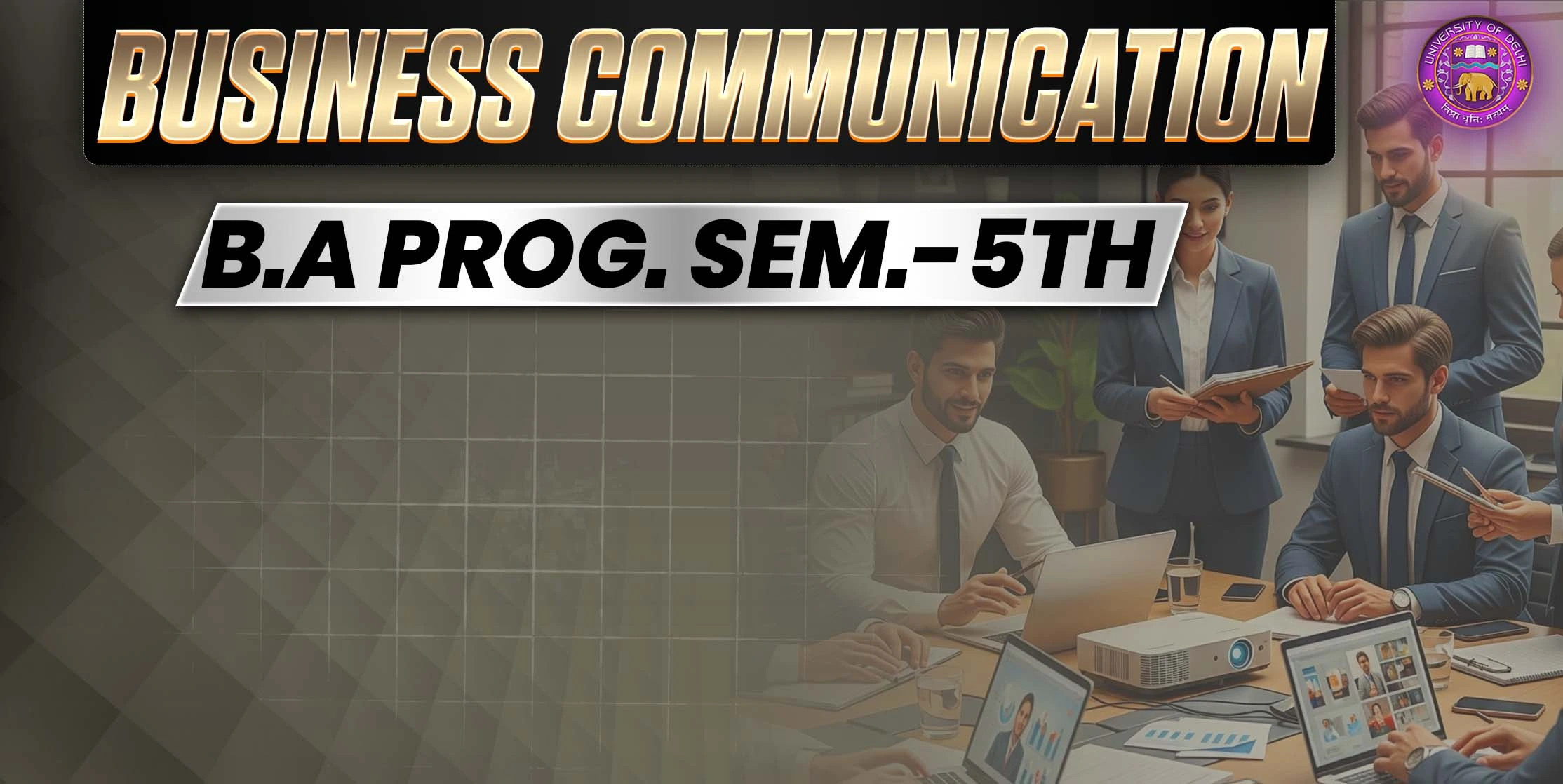
Get in Touch
We will get back to you within 24 hours.
Welcome to MVS Blog

Answer - Introduction
In modern organizations, communication is the backbone of all activities. It helps in sharing ideas, solving problems, and building relationships. Effective communication is no longer just a tool; it is a necessity for success. Effective communication ensures that tasks are completed efficiently and goals are achieved smoothly. The statement highlights the importance of effective communication in achieving organizational goals.
“Definition of Communication”:

Communication is a process of exchanging information, ideas, and messages between individuals or groups. It can be verbal or non-verbal, formal or informal. Communication enables people to share knowledge, clarify doubts, express opinions, and make decisions.
Communication: An Essential Element for Modern Organizations
In today's rapidly evolving world, effective communication is more important than ever for the success of organizations. Whether it's for internal processes, external relationships, or organizational growth, communication plays a vital role in every aspect of business. Communication is the backbone of any organization. It helps in conveying the objectives, goals, and strategies clearly to all employees.
Benefits of Effective Communication in Organizations
1. Boosts Productivity : Effective communication ensures that everyone understands their roles and responsibilities clearly. When employees know what is expected of them, they can complete tasks more efficiently and without confusion. Clear communication also reduces the chances of errors, which can occur due to misunderstandings or lack of clarity. As a result, employees can work more productively, leading to greater output and better organizational performance.
2. Enhances Collaboration and Teamwork : In modern organizations, teamwork is often essential for success. Employees are expected to work together to achieve common goals. Communication is the foundation of teamwork, as it allows members to share ideas, discuss challenges, and find solutions collaboratively. With effective communication, employees can exchange feedback, ask for help, and offer assistance, promoting a culture of collaboration. This leads to stronger, more cohesive teams that are better able to solve problems and achieve results.
3. Builds Strong Relationships and Trust : Effective communication builds trust and positive relationships between employees and management. Open, transparent communication makes employees feel valued, boosting job satisfaction, morale, and loyalty. It also encourages feedback, fostering a supportive and inclusive work environment. This two-way communication helps create an inclusive and supportive work environment.
4. Facilitates Decision-Making : Communication is essential for effective decision-making in modern organizations. It ensures timely access to relevant information, enabling managers to assess options, evaluate risks, and make informed choices. It allows employees to offer valuable insights, helping the organization align decisions with its goals.
5. Conflict Resolution : Conflicts are common in diverse workplaces, but effective communication helps resolve them. Open communication allows individuals to understand each other’s perspectives, aiding in conflict resolution. Managers can mediate, clarify misunderstandings, and find compromises, reducing conflicts' negative effects on productivity and morale.
Conclusion
Communication is vital for modern organizations, enhancing productivity, collaboration, conflict resolution, and decision-making. It shapes organizational culture, fosters innovation, and strengthens employee-management relationships. As businesses grow, effective communication becomes even more crucial for overcoming
0 Response